
Marquette Hall room 100, where many university students sit crabbily and fall asleep to their professor’s monotone voice throughout the week, buzzed with students Sunday night. They were there for the academic screening of “Pink Smoke Over the Vatican,” a documentary film about a movement supporting women seeking to be ordained as priests in the Roman Catholic Church.
The 58-minute film and attached academic event was sponsored by Marquette’s Women’s and Gender Studies Program and shared the views of men and women who encourage the ordination of women, along with those who oppose it. Janice Sevre-Duszynska, one of 12 women ordained in 2006 on the waters outside of Pittsburgh, was at the screening and shared her story with the audience and partook in the question-and-answer session after.
“Pink Smoke Over the Vatican” shares the stories of men and women who are working to put an end to the “underlying misogyny and outdated feudal governance that is slowly destroying the Roman Catholic Church,” the video’s website said. The name comes from supporters’ actions on April 17, 2005 when they released pink smoke in front of several U.S. cathedrals in an attempt to call churches to open doors fully to women participation.
At the beginning of the documentary the narrator continuously repeats the question, “Where are the women’s voices?” and then cites the 1024 Canon Law that says only a baptized male can be ordained.
Dr. Dorothy Irvin, a Roman Catholic theologian, explained in the film that the woman’s role in the church was eradicated after the Roman Empire made Catholicism its official religion. Before this, women were ordained and practiced the sacraments, all proven by the discovery of mosaics in South Africa and pictures in catacombs across the world.
The documentary also touched on Ludmila Javorova, a woman who was born into a Catholic family in communist Czechoslovakia and wished to be a nun, a forbidden practice for women at the time. During the Stalinist trials, priests were reported, jailed and killed, and as a result, Javorova kept her wishes secret.
One man who knew Javorova was Felix Maria Davídek, a former bishop of the Roman Catholic Church and resident of the Czech Republic. Davídek was jailed for his religious views and released in 1964 when he reached out to Javorova. He believed in the need for the ordination of women as priests, and so he ordained Javorova in December of 1970 in an underground Church in Czechoslovakia. When the Vatican found out it refused to recognize her holy orders, and she was excommunicated.
To date there are 130 female ordained Catholic priests in the U.S. and many in communities in Germany, Austria, France, Scotland, South America and Canada. It is the official position of the church that these women are excommunicated.
Sevre-Duszynska, at the end of the documentary, said the women are strong in faith, numbers and determination.
“Every Saturday for six or seven years I cleaned the sanctuary and make-believed I was giving service at the altar,” Sevre-Duszynska said. “I had it in me at such a young age, and it’s still there – the desire and sense of energy are still there.”
Sevre-Duszynska grew up in Milwaukee and now lives in Lexington, Kentucky. She celebrates Mass in Cincinnati, Ohio once a month with her fellow women priests, at an undisclosed location where the Vatican cannot intervene.
During the Q-and-A moderated by Leah Todd, a senior in the College of Communication, and Kate Nicholson, a senior in the College of Arts & Sciences, many students and members of the community had powerful comments.
One audience member, who said she has a very strong faith and belief in the Catholic Church, asked Sevre-Duszynska how she stayed in a community she was not welcomed in.
“I am a seasoned daughter and believer in the Catholic faith,” Sevre-Duszynska said. “We are being supported, and we would love to see more male bishops in this country support ordination of women and come forward. Many of them would do so and privately believe so but are scared to lose their jobs. If we all left, who is there to say, ‘Gee, who is wrong?’”
Another audience member asked why Catholics should stay with the Church if “it is going to be discriminatory.”
Marjorie Maguire, mentor and longtime friend of Sevre-Duszynska, said a person stays because numbers count.
“The reason to stay in church is because there are a billion people in the church, and they have a lot of power and so does the institution (the Vatican),” McGuire said. “I think it’s important to have this movement because it sees women being ordained by men they ordained.”

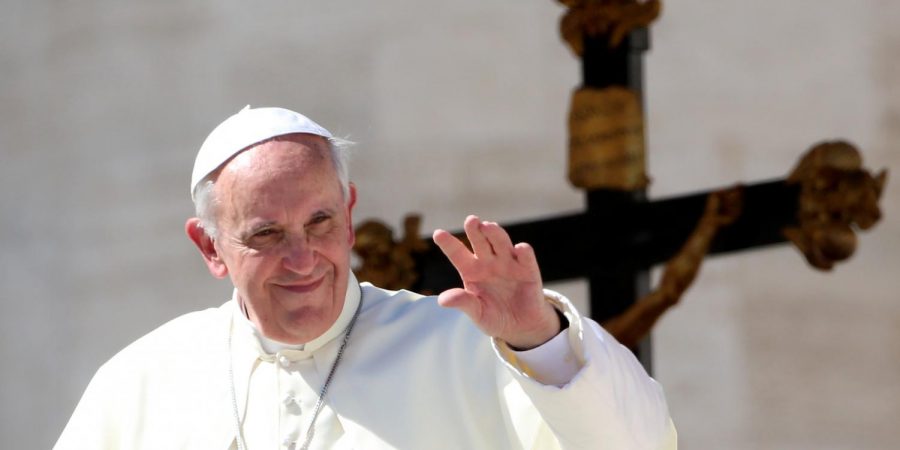


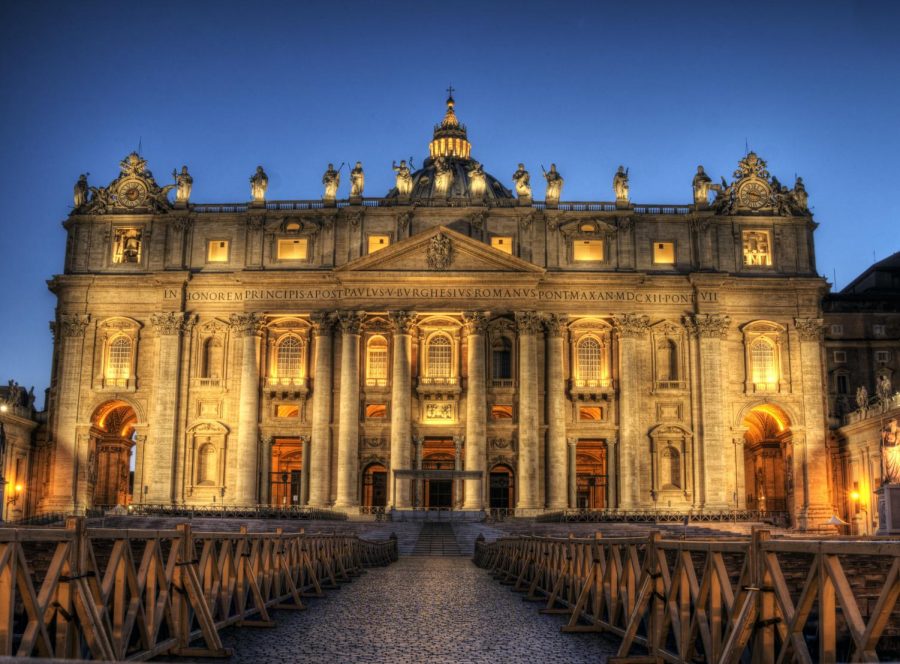
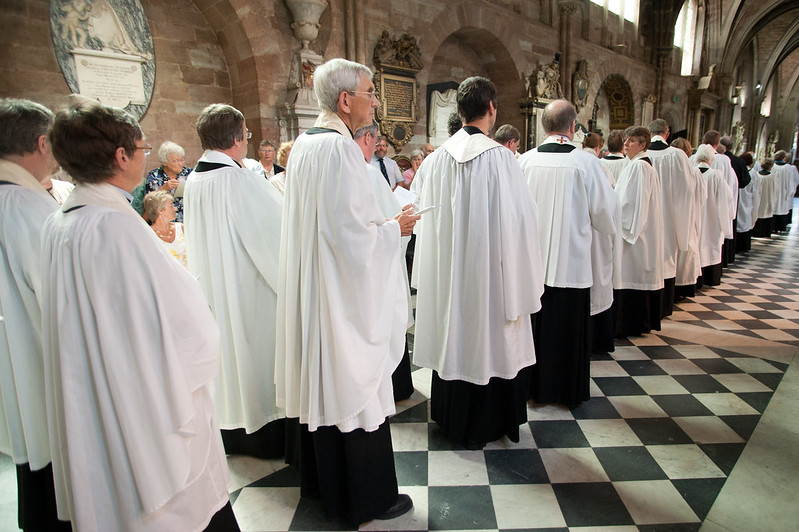
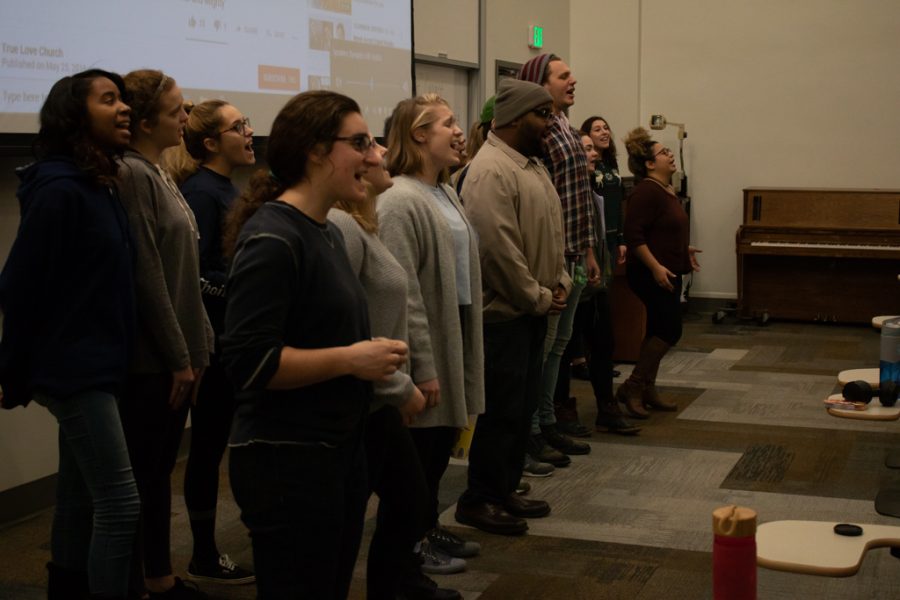
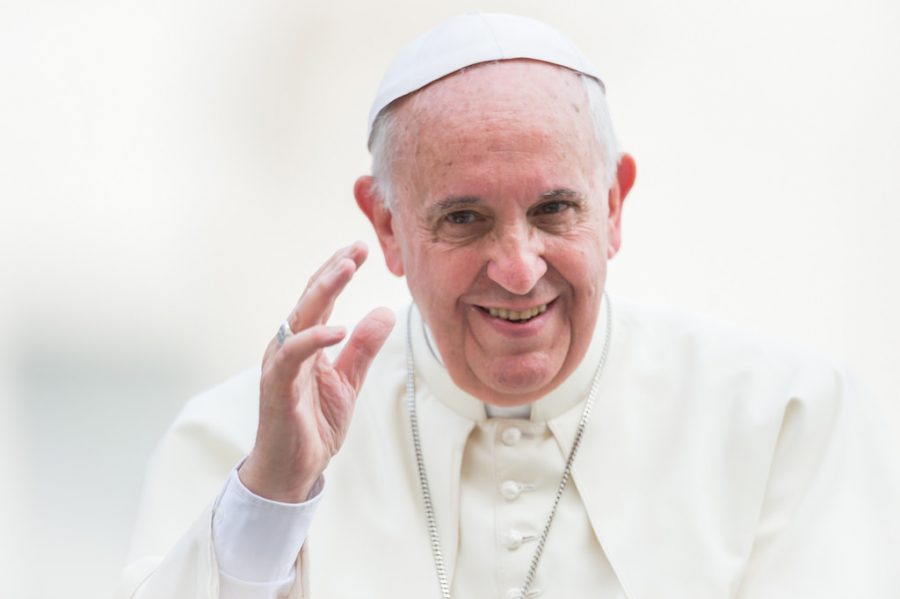
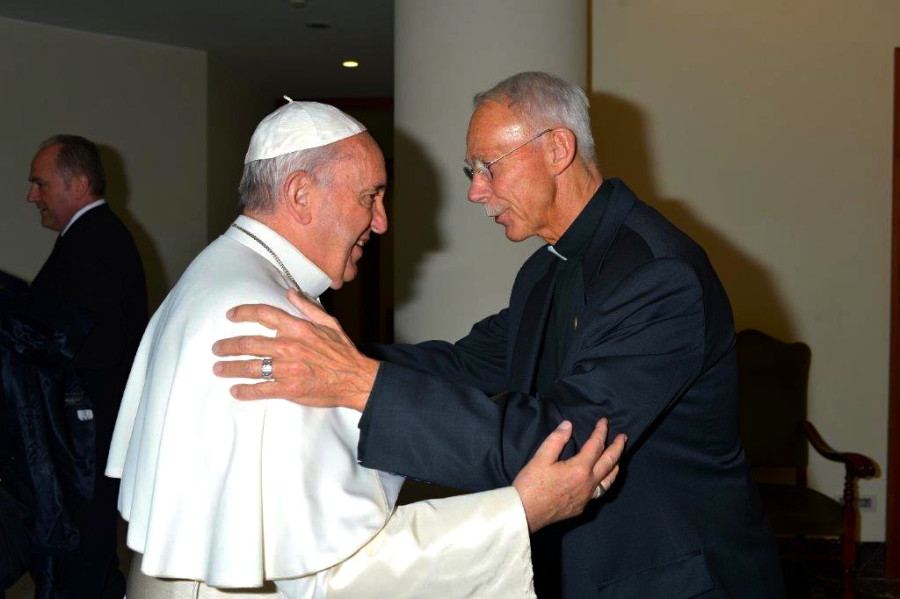
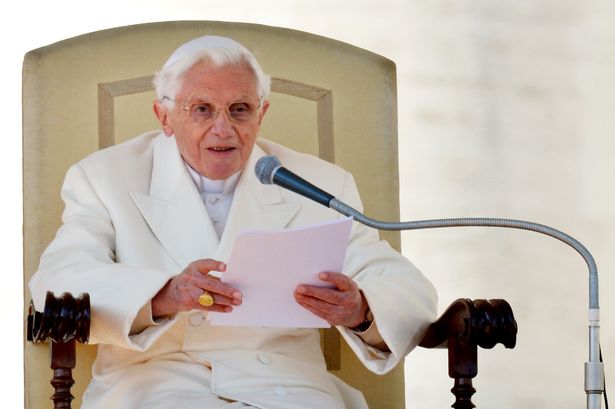
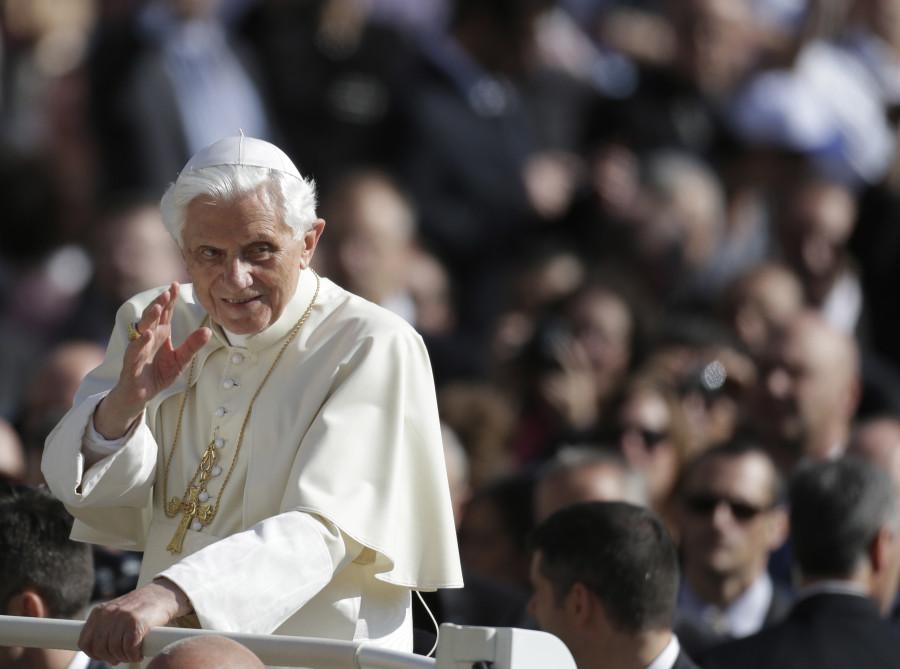
Tom • Apr 2, 2012 at 4:54 pm
I am more and more disappointed by my alma mater. It appears that Catholic bashing has become the norm rather than the exception. Why does the university sponsor speakers who share viewpoints contrary to the Catholic Church? As a parent, I would be hard pressed to find a reason to pay for my son or daughter to attend the school under its current policies.
There are very few institutions in the world that pay persons to undermine the values and traditions that the institution supposedly supports. Academic freedom is simply a veil to undermine what the university should stand for. It is time for someone to have the courage to call an end to such fraudulent behavior and call the university back to its Jesuit, Catholic roots.
I was also surprised by the biased journalism found in the article. The reporter states that people who support the Church’s position were present at the presentation, but beyond that the reporter does not state what this group had to say about the meeting. While I was at MU George Reedy was the chair of journalism. I am sure that he would have called the Tribune’s reporting in this case to be a very poor example of what the professional goals of a good journalist should be.
Either the Tribune says very little about pro-Catholic events on campus, or many must not exist to report upon.
I long to see MU restore itself to what the founders of the school imagined it to be–a search for the Truth within the Catholic Church and not outside of it.
Thomas M. Doyle, S.J.
Class of 1980 Program in Medical Technology
2004 Outstanding Alumnus in Medical Technology
Ordained a Jesuit in 1997
aliceiaquinta • Mar 28, 2012 at 1:38 pm
Milwaukee Catholics who are looking for an inclusive, Vatican II church, might not be aware that another Roman Catholic Womanpriest, Alice Iaquinta, M. Div., and a married priest, co-pastor the Mary of Magdala, Apostle the Apostles Church on the 2nd and 4th Sundays of the month in Wauwatosa at 7720 Harwood Ave. Alice earned the Master of Divinity with honors at St. Francis Seminary in 2006. The liturgy is at 9:30 a.m.
All are welcome!